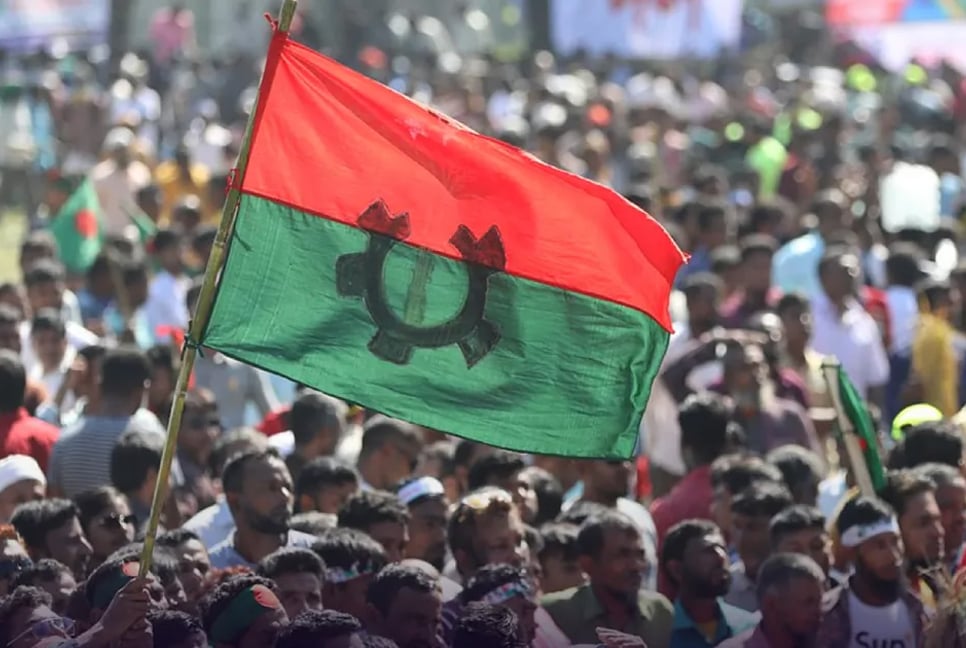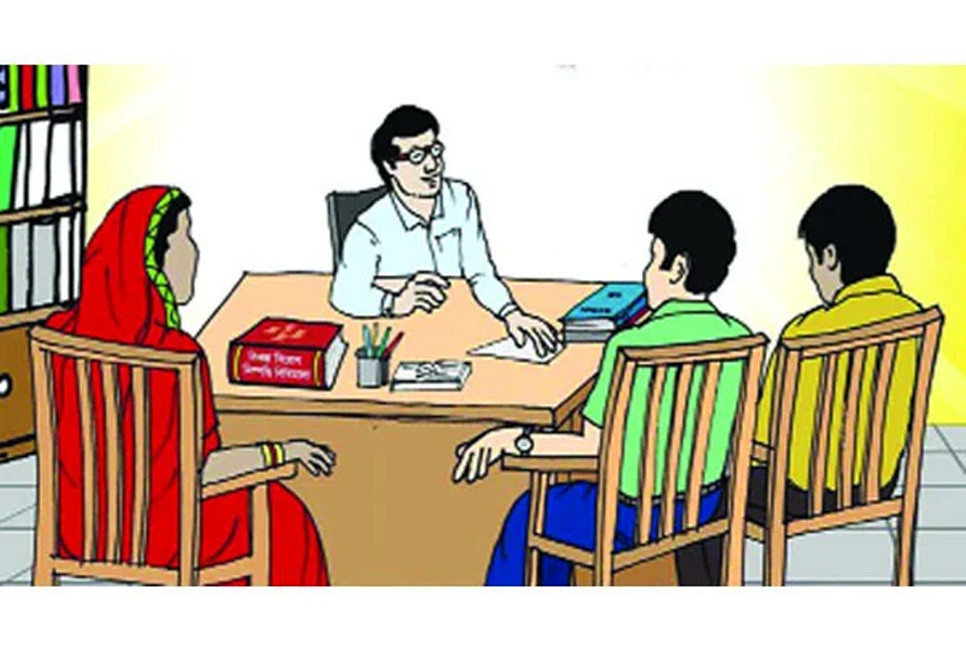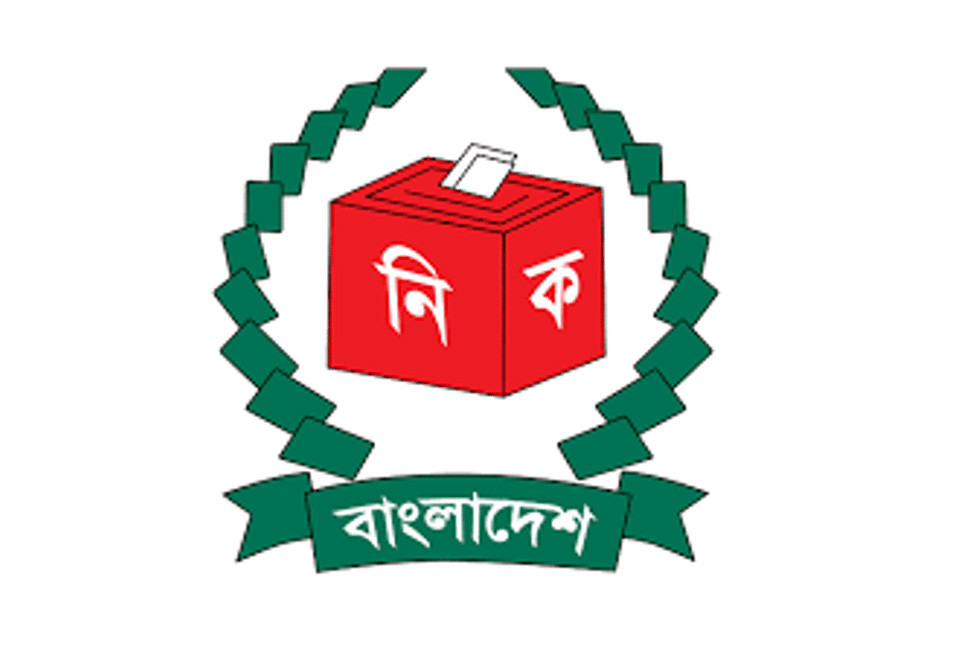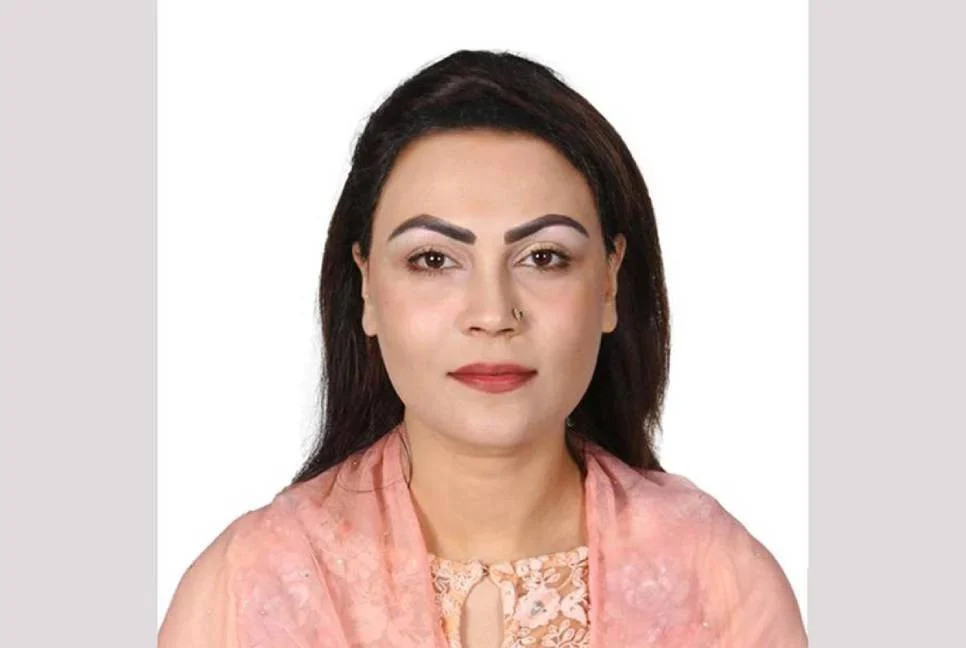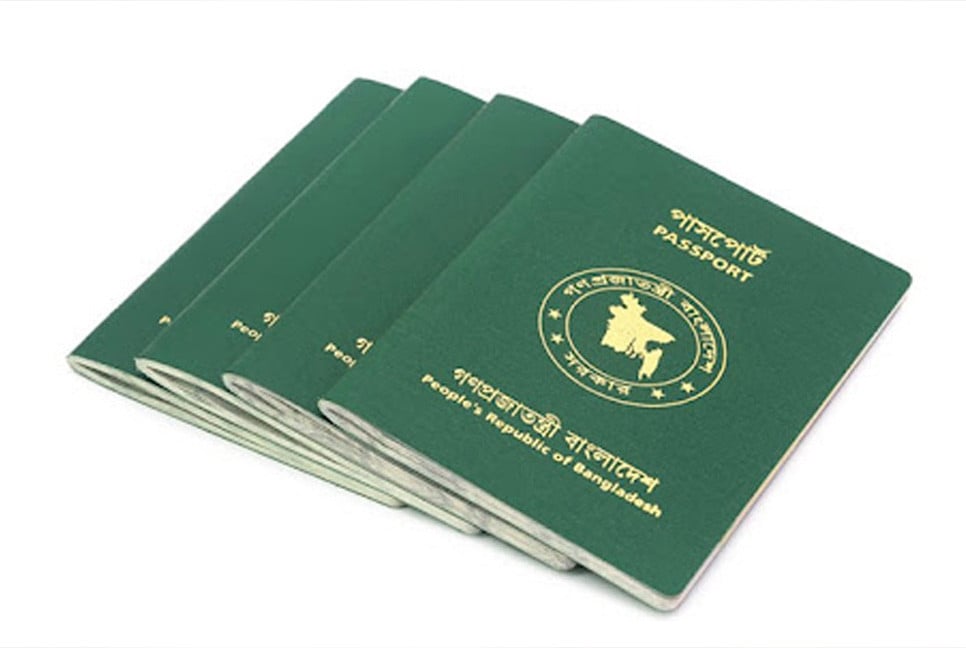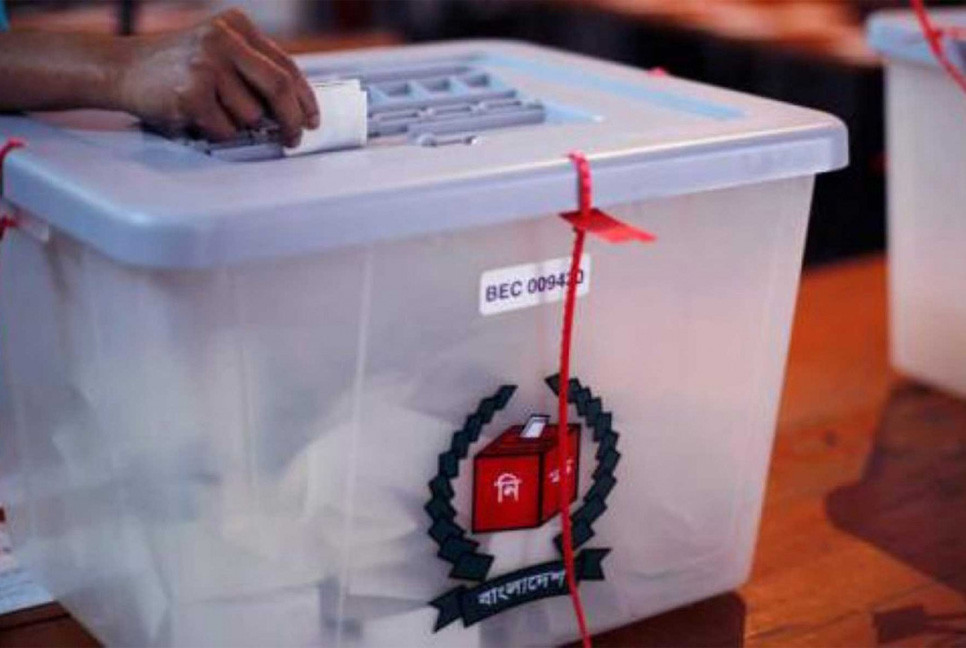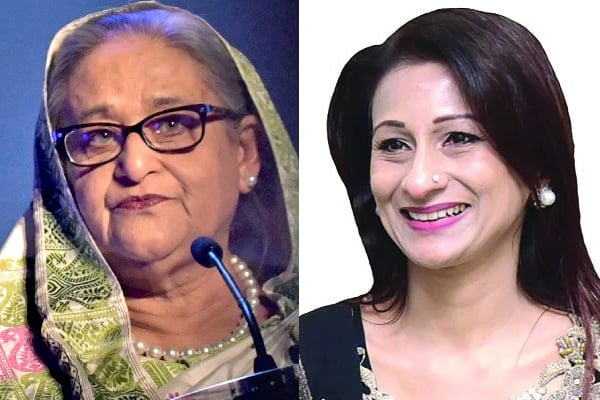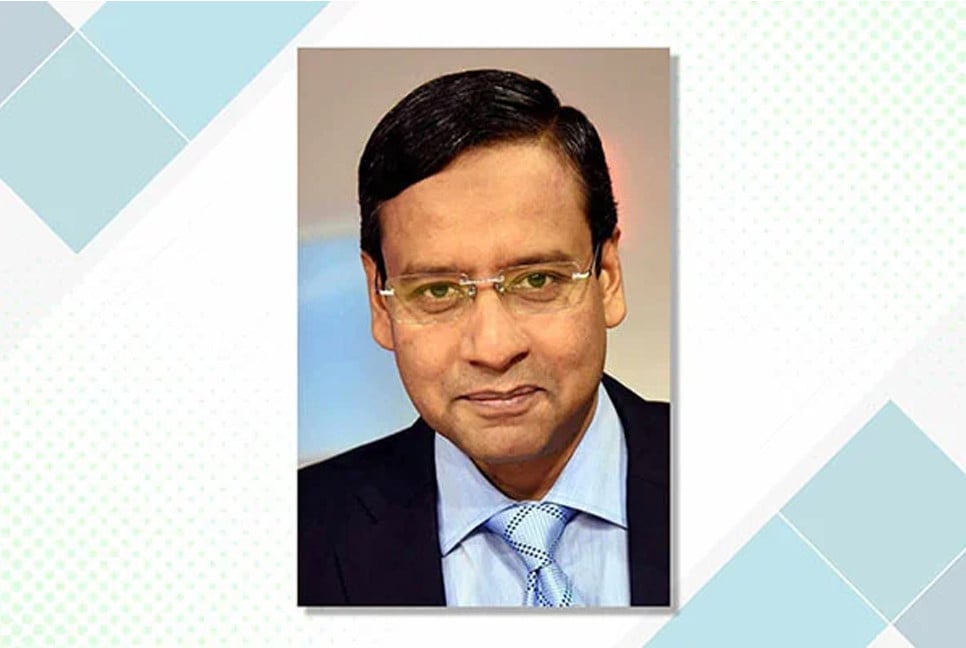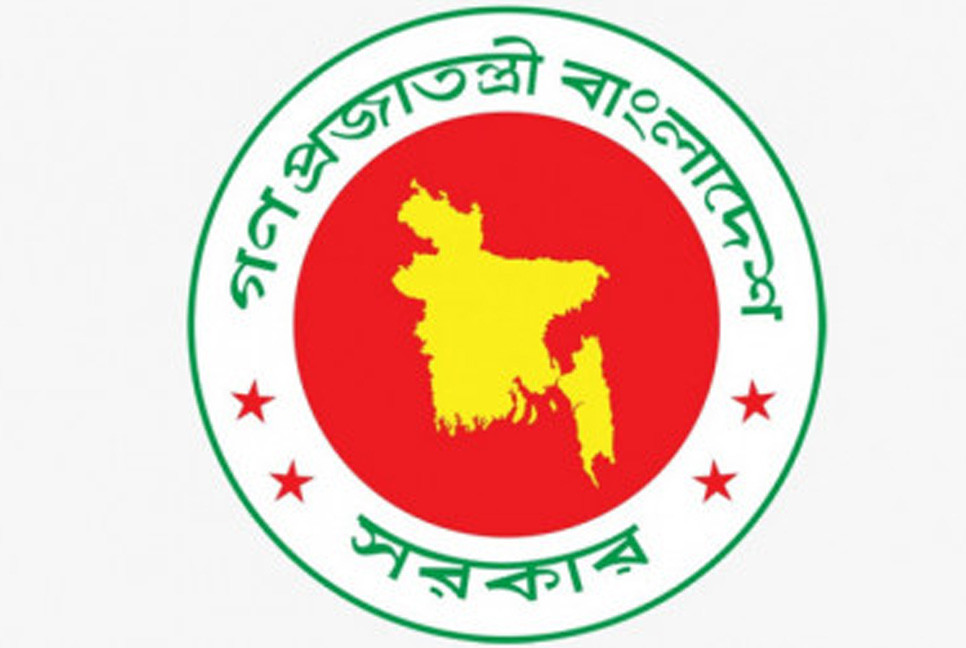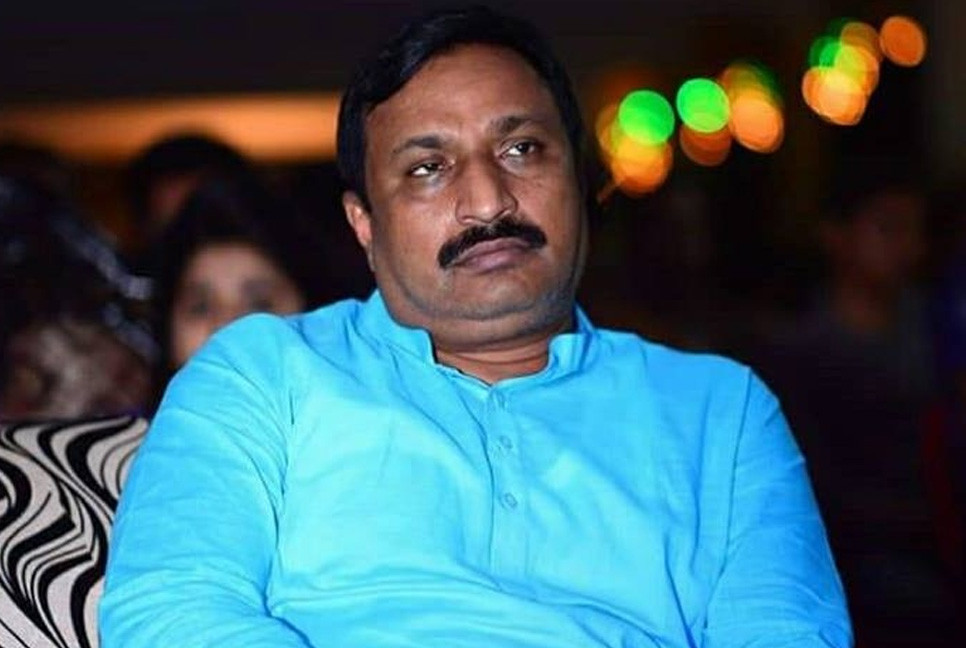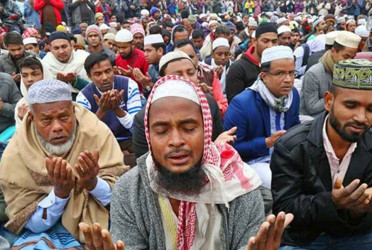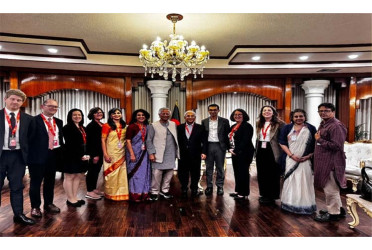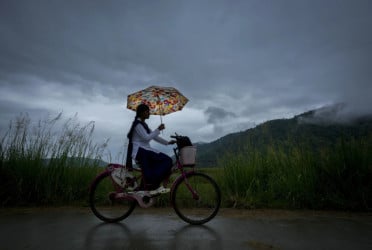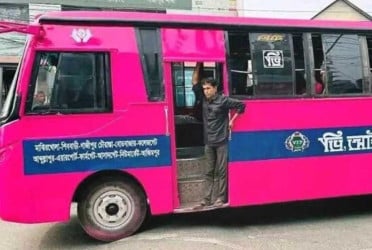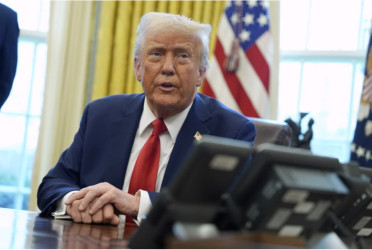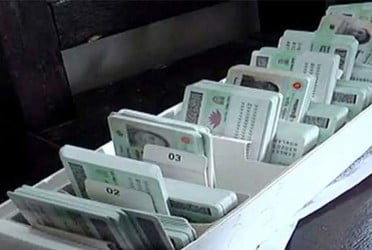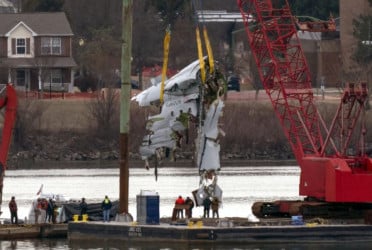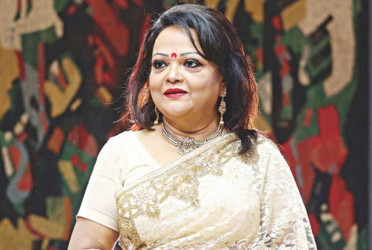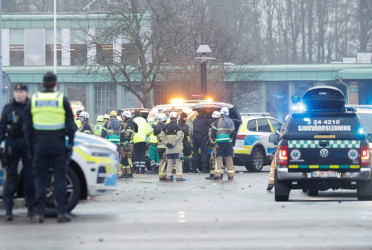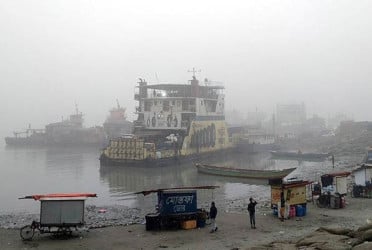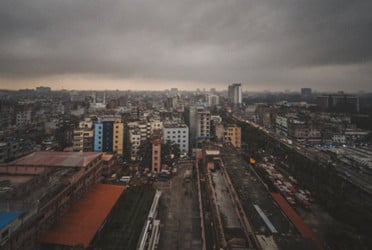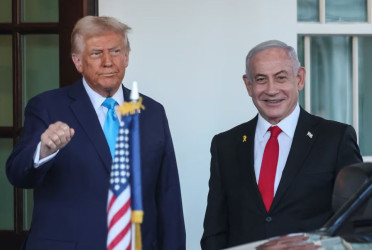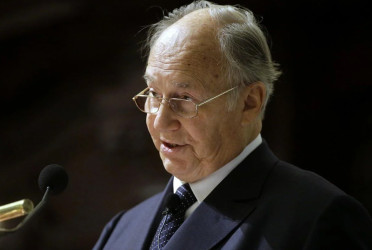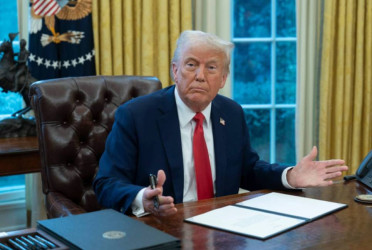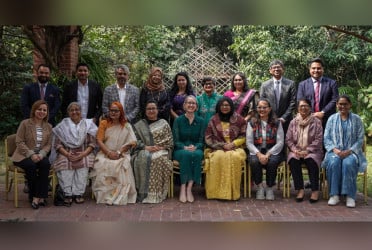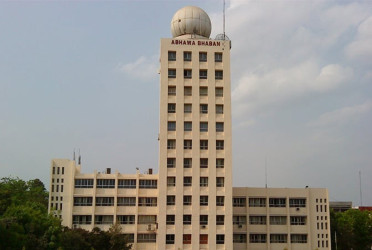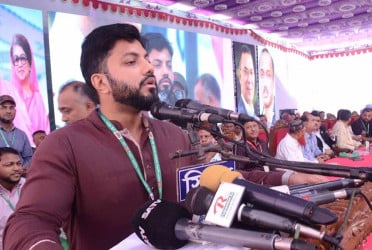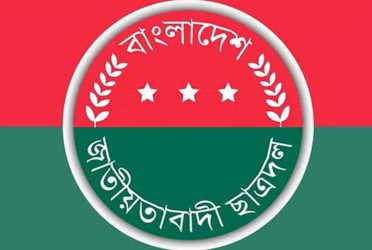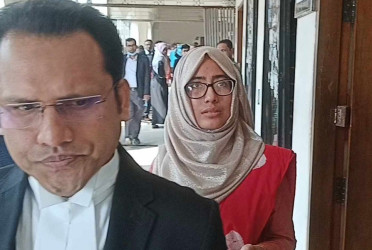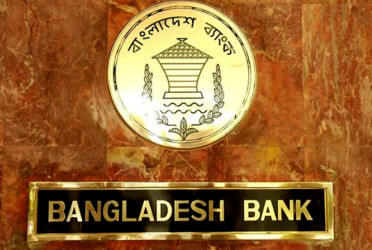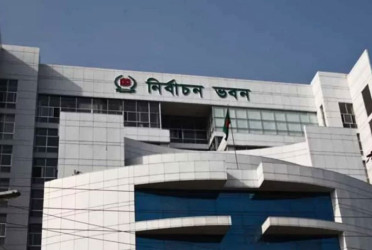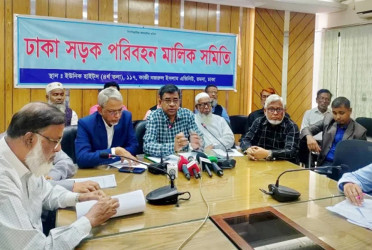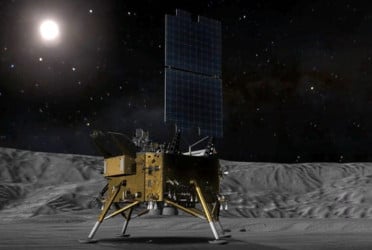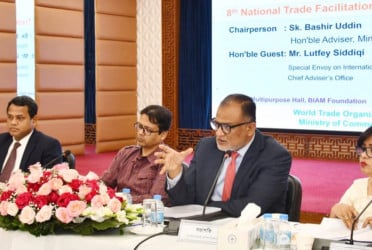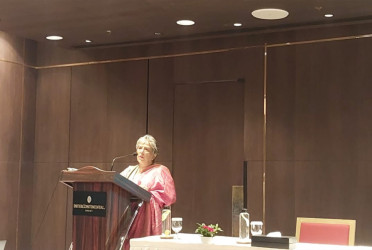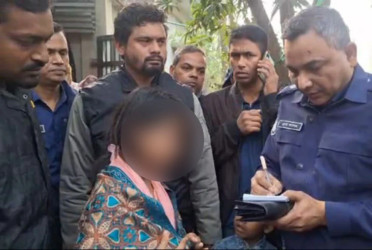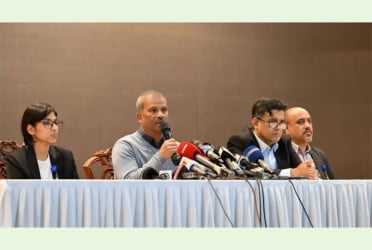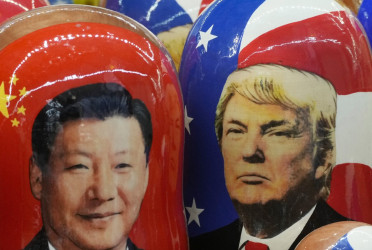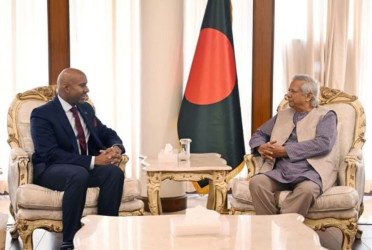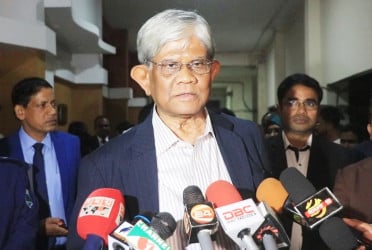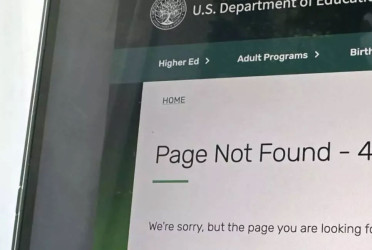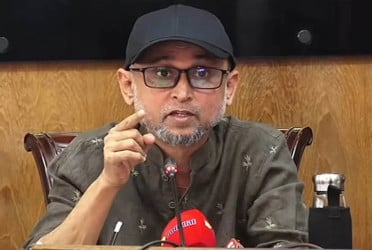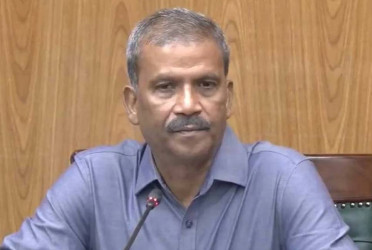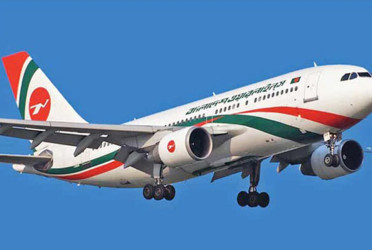The coalition led by the Bangladesh Nationalist Party (BNP) finds itself in a state of disarray, marked by inactivity and disjointed efforts. What was once a united front has now splintered, with member parties pursuing separate agendas rather than presenting a unified front.
The dissolution of the 20-party alliance a year and a half ago, attributed to internal conflicts and BNP's "go it alone policy," has left the opposition bereft of cohesive leadership. With key figures like BNP's Tarique Rahman abroad and senior leaders such as Secretary General Mirza Fakhrul Islam Alamgir behind bars, decision-making within the coalition has faltered.
Amidst this leadership vacuum, member parties are left waiting for direction, hopeful that normalcy will eventually be restored. However, concerns arise over the efficacy of the coalition, with questions surrounding the legitimacy and influence of its member parties.
While BNP's anti-government movement seeks to rally support, doubts persist regarding the strength and credibility of its allies. Many of these parties lack significant organizational structures or public support, leading to skepticism among both alliance members and the broader political sphere.
There are at least 40 political parties in the field with BNP in the simultaneous anti-government movement.
It includes ASM Abdur Rab's Jatiya Samajtantrik Dal (JSD), Mahmudur Rahman Manna's Nagorika Oikya, Dr. Reza Kibria and Nurul Haque Noor's separate Ganaodhikar Parishad, Jonaid Saki's Ganasanghati Andolon, Saiful Haque's Biplabi Works Party, Rafiqul Islam's Bhasani Anusari Parishad and Hasnat Qayoum's Rastro Songskar Andolon, Fariduzzaman Farhad and Mostafizur Rahman Mostafar's National People's Party (NPP), Khandaker Lutfar Rahman and SM Shahadat Hussain's National Democratic Party,
Md. Akbar Hossain's Democratic League, Garibe Newaz and Syed Mahbub Hossain's People's League, Abdur Rakib and Abdul Karim's Islami Oikyazot, MN Shaun Sadeqi and Dilip Kumar Das's Bangladesh NAP, Nurul Amin Babari and Shah Ahmed Badal's Bikalpadhara Bangladesh, Nurul Islam's Samyavadi Dal, A.T. M Golam Mawla Chowdhury and Abu Syed's Gana Dal, Azharul Islam and Golam Mostafa Akander's Nap Bhasani and Bangladesh Minority Party led by Sukriti Mandal, Mustafa Jamal Haider's Jatiya Party (Zafar), Abdul Karim Abbas and Shahadat Hossain Selim's Bangladesh Liberal Democratic Party (BLDP), Mostafizur Rahman Iran's Bangladesh Labor Party, Syed Ehsanul Huda's Bangladesh Jatiya Dal, KM Abu Taher's NDP, Zulfiqar Bulbul Chowdhury's Bangladesh Muslim League, Mufti Mohiuddin Ikram's Jamiat Ulamae Islam, Maulana Abdur Rakib's Islami Oikyazot, Tasmia Pradhan's National Democratic Party, Nurul Islam's Bangladesh Communist Party and Abul Kasem's Bangladesh Islamic Party and many others.
Apart from this, Abul Kalam Azad's Social Democratic Party, Shamsul Alam's Social Democratic Mazdoor Party and Harun Al Rashid's Progressive Democratic Party and Mustafa Mohsin Montur's 'Ganoforum' have joined the simultaneous anti-government movement with BNP.
Questions regarding the credibility and strength of parties aligned with the BNP have emerged, casting doubt on the effectiveness of the coalition. Concerns have been raised over the lack of visibility of key figures within these parties, with only the president and general secretary garnering any recognition in the political landscape.
Many of these affiliated parties are mere fragments of larger political entities, formed either in response to internal conflicts within their parent organizations or as alternative factions following leadership disputes. Despite their association with the BNP-led coalition, these parties often lack official registration with the Election Commission and suffer from a dearth of organizational infrastructure and popular support.
The absence of recognizable leadership beyond the president and general secretary further undermines the credibility of these parties, leading some to question their legitimacy within the broader political context. Even with the backing of the BNP, these parties struggle to mobilize significant support, raising doubts about their ability to contribute meaningfully to the coalition's objectives.
Critics, including some of BNP's former allies, have openly criticized the affiliation of these parties, citing their lack of organizational structure, public support, and electoral success. Their objections underscore the challenges facing the BNP coalition as it seeks to mount effective opposition against the government.
LDP President Colonel (Retd.) Dr. Oli Ahmad told Bangladesh Pratidin that in the future, if the BNP is thinking of forming a new big political alliance, it will have the support of the LDP.
BNP Vice Chairman Nitai Roy Chowdhury said, from the front we will carry out agitations and programs together with like-minded alliances and political parties. This decision will be finalized very soon. Therefore, there is no opportunity to talk about BNP's lack of contact with coalition or like-minded parties or the relationship is weak.
Mahmudur Rahman Manna, the top leader of Nagorika Oikya, said that after the so-called election on January 7, our communication with BNP is decreasing. But there is no despair.
Gonofrum General Secretary Subrata Chowdhury said that no matter how much the government and the people of the ruling party think of themselves as a 'permanent government', they will never be permanent. The government can never survive by coercion like this.
In a significant move preceding the 12th National Assembly elections, the BNP abruptly dissolved its longstanding 20-party alliance, opting instead to form new political platforms aligned with its objectives. The decision, announced just before the BNP's Dhaka divisional mass meeting last year, marked a strategic shift in the party's approach to coalition politics.
On August 8 of the preceding year, the formation of the 'Ganatantro Moncho' by the Jatiya Samajtantrik Dal (JSD), Nagorik Oikya, and other parties further underscored the reconfiguration of political alliances in Bangladesh. This dissolution of the 20-party coalition, which had stood by the BNP for two decades, signaled a departure in favor of newer alliances aligned with the BNP's simultaneous movement.
Advocate Abdus Salam Azad, BNP's organizing secretary, highlighted the trust placed in the party by various political entities, emphasizing the advantages and disadvantages of coalition politics. While alliances are formed out of necessity, Azad hinted at the possibility of larger coalitions being forged in the future as circumstances dictate. However, the steadfast commitment to opposition against the government remains unwavering, signaling continued political mobilization under the BNP's leadership.
(The report was published on print and online versions of The Bangladesh Pratidin on February 14 and rewritten in English by Tanvir Raihan)

